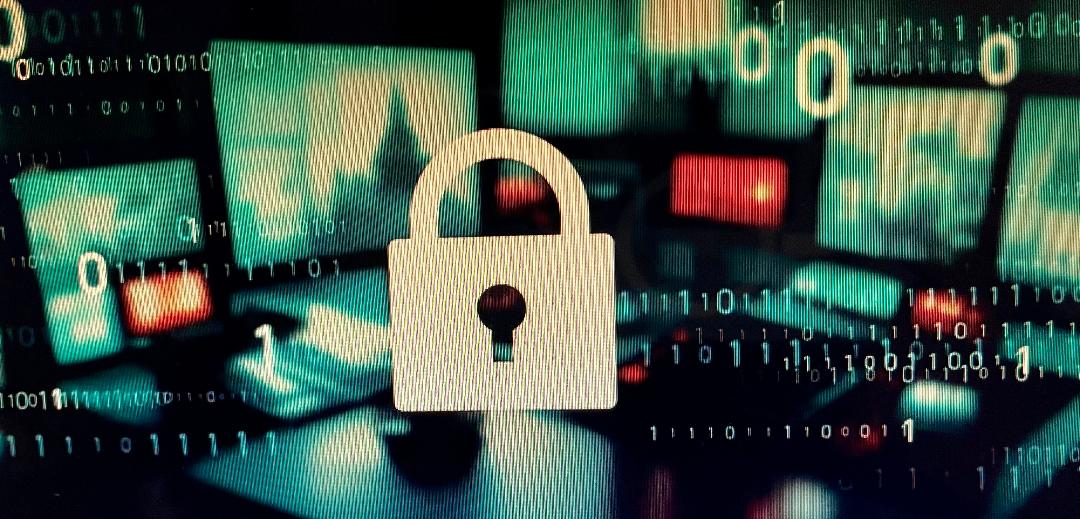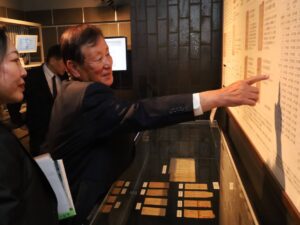Yu Inamura
Sojitz Employee Takes Information from Former Workplace
Last week, the Tokyo Metropolitan Police Department conducted a search of the headquarters of Sojitz Corporation, a major general trading company, on suspicion of violating the Unfair Competition Prevention Law. According to investigators, a Sojitz male employee in his 30s is suspected of illegally taking trade secrets from his previous position at a major general trading company when he changed jobs at Sojitz from another major general trading company around last summer.
After receiving consultation from the company from which he changed jobs, the Tokyo Metropolitan Police Department conducted a search of Sojitz and the employee’s home and other locations.
The Unfair Competition Prevention Law prohibits the following acts
(1) Making or selling a product with a label similar to the label of another company’s product that is already well-known in society (acts of causing confusion with a well-known label)
(2) Using the name of another company’s product that is well-known or famous as the company’s own product label (blasphemous use of a well-known label).
(3) Stealing or misappropriating technical know-how or trade secrets that are necessary for the business to operate (infringement of “trade secrets”).
In the case of the present case, since it was an unauthorized taking of trade secrets, it is considered that the case was brought as an infringement of “trade secrets” by satisfying the requirements of (1) confidentiality control, (2) usefulness, and (3) non-publicity.
In addition, the Unfair Competition Prevention Law has been revised and strengthened together with the Foreign Exchange and Foreign Trade Law in order to prevent technology outflow in the context of recent economic security.
In 2020, a former Sekisui Chemical employee was arrested for violating the Unfair Competition Prevention Law (infringement of trade secrets) by leaking confidential trade secret information of a Chinese company after being contacted by the company’s employees via SNS.
No End to the Cases of Industrial Espionage
In fact, as mentioned above, there are quite a few cases of industrial espionage not only in the context of economic security by other countries, but also between companies.
In fact, the following examples can be cited as cases involving Japanese companies in the past. In particular, the POSCO case is a typical example of industrial espionage due to its sophistication.
POSCO Incident
About 10 people, including one former employee of Nippon Steel & Sumitomo Metal Corporation, were divided into several groups and leaked high-grade steel sheet manufacturing technology to South Korean steel giant POSCO for about 20 years.
POSCO had been illegally acquiring and using trade secrets related to the manufacturing technology of directional magnetic steel sheets for a long period of time since the late 1980s by, for example, paying a large amount of compensation to Nippon Steel & Sumitomo Metal alumni engineers. The case came to light when a POSCO employee was detained and prosecuted in South Korea for selling the secrets to Baoshan Iron & Steel Co. During the same trial, it was discovered that POSCO had concluded a contract with an alumnus engineer of Nippon Steel and received Nippon Steel’s technical information.
In this case, behind the taking out of technical information, there was a desire by POSCO Korea to catch up with the Japanese company, and the core engineers of Nippon Steel were extracted and turned into collaborators to collect technical information. The case is characterized as an extremely malicious and elaborate industrial espionage case, in which cover-ups were carried out by applying for dummy patents on the technical information collected.
SoftBank x Rakuten Mobile Case
In January 2021, a former Softbank employee was arrested for taking confidential information related to 5G to his new company, Rakuten Mobile. The man worked for Softbank from July 2004 to December 2019, and then changed jobs to Rakuten Mobile. Just before changing jobs, he took about 170 information files from the company on about 30 occasions between November and the end of December.
In February 2020, traces of the leak were found on the man’s PC, and when the Metropolitan Police Department confiscated the PC and other items, they found files containing the taken trade secrets, many of which had been renamed.
The man stated that his motive was “to show off my technical skills at my new job. The man had the authority to access the trade secrets, and was in a position to access Softbank’s server from his private computer and send the files to his own e-mail address.
Kappa Sushi Case
The then-president of Kappa Create, which operates Kappa Sushi, was arrested by the Tokyo Metropolitan Police Department for violating the Unfair Competition Prevention Law by illegally taking trade secret data from a rival chain for which he had worked. Between September and December of last year, before and after he changed jobs from the parent company of Hamazushi to Kappa Create, the president illegally copied and took Hamazushi’s procurement data and used it in comparison with his own company’s data. As for his motive, the company claims that he wanted to demonstrate his superiority in his new job.
These industrial espionage cases are just a few examples, but there are in fact many cases of information leakage in the private sector, and there is no end to the amount of information taken out of companies when employees are employed or leave their jobs. It should also be noted that there are cases of alumni who, after retirement, ask current employees to take information out of the company.
What is the response required of companies?
In most cases of industrial espionage, the perpetrators have access to the target secrets in the first place, and it is not a good story if the confidential information itself exists in a place where many employees can access it.
The following are some examples of the measures that companies are required to take.
First, it is important to take inventory of confidential information in possession, identify storage locations, and label (define and classify) the information.
In particular, the more global a company becomes, the more difficult it is to manage the information. If the information is not kept track of, the company may not even be aware that it has been leaked.
Then there is the management of access rights.
The selection of persons who have access to sensitive information is very important, and it is desirable to grant very limited access rights.
As an aside, in granting access rights, there is the concept of “MICE,” an element of espionage betrayal. The main motives for betrayal are money, ideology, compromise, and ego, and this concept is similar to that of the Law on the Protection of Specified Secrets.
In the Specified Secrets Protection Law, investigations go into financial troubles, biased ideology, membership in organizational groups, etc. In fact, these are the elements of betrayal when turned around.
Although granting access rights based on such investigations and concepts would not fit in with corporate activities, it is important to keep in mind that information provided by peripheral employees, unfavorable information, and daily activities can be extremely important information.
The next step is the early collection of the first signs of trouble.
For example, a considerable number of indications can be obtained, such as excessive access to information on projects in which a certain person is not currently involved, increased access after working hours, and early deletion of files after accessing them.
However, it is not realistic to monitor all of these, but measures such as increasing the scope of monitoring should be considered in the management of sensitive technical information.
Lastly, as soon as any signs of industrial espionage, such as the removal of trade secrets, are detected, the company should promptly consult with the investigative authorities. If there is resistance to investigation, investigations using outside agencies should be promptly considered and implemented.
In addition, many companies still lack sensitivity to digital forensics, which is a natural method in this day and age.
Digital forensics is an extremely effective means of preserving data on PCs, servers, mobile devices, etc., restoring and analyzing them to the extent possible, but if the timing of implementation is not right, the digital forensics itself may become ineffective.
However, if the timing is not right, digital forensics itself may become ineffective. In the first place, if the investigation procedure is not followed correctly, the investigation itself may fail due to loss of evidence, etc. Therefore, extreme caution is required, and the investigative authorities should be consulted immediately before any hesitation.
Important Topics in Economic Security
Although we have discussed industrial espionage up to this point, the government is also highly concerned about information leaks related to the Unfair Competition Prevention Law and other related laws. Given the recent international situation, it is only natural that the government is concerned not only about protecting intellectual property and sound economic activities of companies, but also about the possibility of leaked technical information being passed on to other countries, thereby undermining Japan’s national interests. With China and Russia in mind, we would like to remind you that there is not only technology theft through illegal espionage, but also technology theft through legitimate economic activities.
We would like to remind companies that information leakage, including industrial espionage, is not only a risk and loss to their own companies, but also an extremely important issue in terms of economic security, and is an important topic not only for their own companies but also for Japan.
Written by Yu Inamura, Representative Director of the Japan Counter Intelligence Association.











